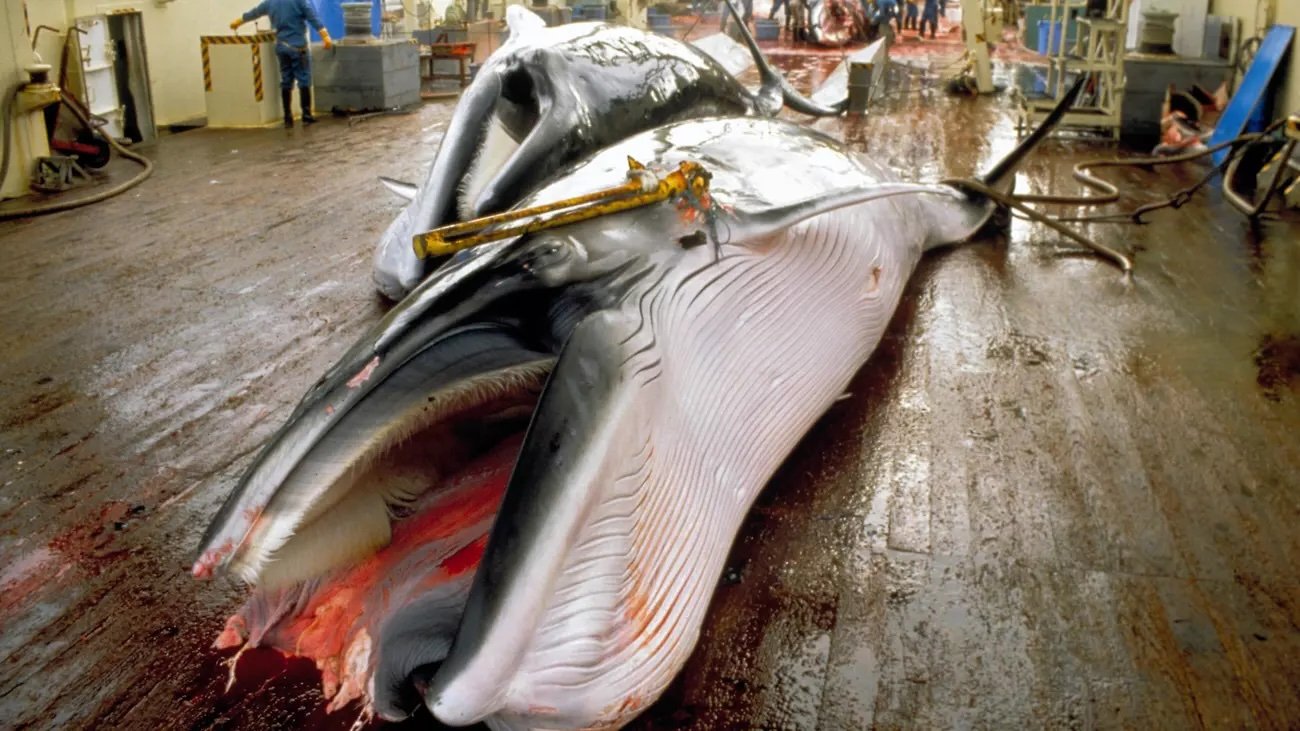Los Angeles Zoo Tops List of Ten “Worst” US Zoos For Elephants
The list aims to raise awareness of how many elephants - who need miles to roam, forage, and socialize - are living “tormented” lives in zoos with little space and no companionship.
A lonely elephant pictured at Oregon Zoo. Credit: In Defense of Animals
A list published this month of the “worst” zoos in the US is shining a spotlight on how elephants are continuing to suffer in captivity and often endure distressing and lonely lives.
The “10 Worst Zoos for Elephants in North America” was first published in 2004 by campaign group, In Defense of Animals.
Ever since, the annual list has served to raise awareness about the ongoing plight of elephants in zoos. The animal welfare campaign group explains that a lack of space, unsuitably cold climates, and unnatural conditions, mean that elephants in captivity in the US often face deprivation, disease, and early death.
This year sees three Florida zoos, two Missouri zoos, and two Texas zoos feature in the top ten.
But the Los Angeles Zoo took ‘first’ place, primarily for the well-publicized mistreatment of Billy, its lone Asian bull elephant. The zoo is accused of forcing Billy to endure decades of chronic stress that has reportedly sapped his body and spirit.
Billy the bull elephant at the Los Angeles Zoo. Credit: Elephant Guardians of Los Angeles
Billy is said to be endlessly bobbing his head inside a one acre enclosure, which is a possible sign that he has developed brain damage from his unnatural conditions.
His tragic case has received high-profile public support, including celebrities like Cher and Lily Tomlin who have called for Billy to be released into a sanctuary where he could have access to acres of grass, trees, and ponds to explore.
Billy’s treatment highlights the particular suffering of bull elephants - adult male elephants - in US zoos.
According to In Defense of Animals, bull elephants are often housed alone and separated from females or other males. During musth, an annual period in which male elephants' testerone levels are heightened and behavior can become aggressive and erratic, zoos may deprive them of food to help control them. A lack of space in captivity means that these animals have nowhere to go to release their massive pent-up energy.
The problem is so severe, that “a natural life is impossible for male elephants in captivity,” says Courtney Scott, the Elephant Consultant for In Defense of Animals.
An elephant at Dallas Zoo. Credit: The Elephant Initiative
Scott explains that over time, captive elephant’s spirits and minds shrink to fit their artificial and small space, which begins to show itself through brain-damaged zoochotic behavior like pacing back and forth or bobbing their head relentlessly.
The full list of the 10 Worst Zoos for Elephants in 2023 is:
1. Los Angeles Zoo & Botanical Gardens, Los Angeles, California
2. Houston Zoo, Houston, Texas
3. ABQ BioPark Zoo, Albuquerque, New Mexico
4. Denver Zoo, Denver, Colorado
5. Kansas City Zoo & Aquarium, Kansas City, Missouri
6. Dallas Zoo, Dallas, Texas
7. Oklahoma City Zoo, Oklahoma City, Oklahoma
8. St Louis Zoo, St Louis, Missouri
9. Zoo Tampa, Tampa, Florida
10. Oregon Zoo, Portland, Oregon
Changing Attitudes Towards Elephants in Captivity
Awareness around the ethics of animals in captivity has increased in recent years, with the likes of orca shows, roadside zoos, and animal circuses having faced increasing criticism from both animal welfare campaigners and the public.
Elephant captivity, in particular, has been in the spotlight with some global animal welfare groups, conservationists, and government officials working towards phasing out the controversial practice.
In Canada, for example, the government recently introduced a bill which would effectively prohibit the new ownership of elephants in the country. If passed, Bill S-15 is believed to be the world’s first nationally legislated phase-out of elephant captivity.
For more on the ethics of zoos, listen to “Captivity Sucks”, a podcast episode from the Species Unite archive where we speak with Devan Schowe, Campaigns Associate for Born Free USA, about her extensive work reporting on the suffering of giraffes in US zoos, and why captivity in general is so harmful for animals.
We Have A Favor To Ask…
Species Unite amplifies well-researched solutions to some of the most abusive animal industries operating today.
At this crucial moment, with worldwide momentum for change building, it’s vital we share these animal-free solutions with the world - and we need your help.
We’re a nonprofit, and so to keep sharing these solutions, we’re relying on you - with your support, we can continue our essential work in growing a powerful community of animal advocates this year.
More stories:
Species Unite
A collection of stories of those who fight the good fight on behalf of animals.






For decades, lions have been bred for profit under the guise of conservation. Now, as the government considers new restrictions, advocates say meaningful change cannot wait.